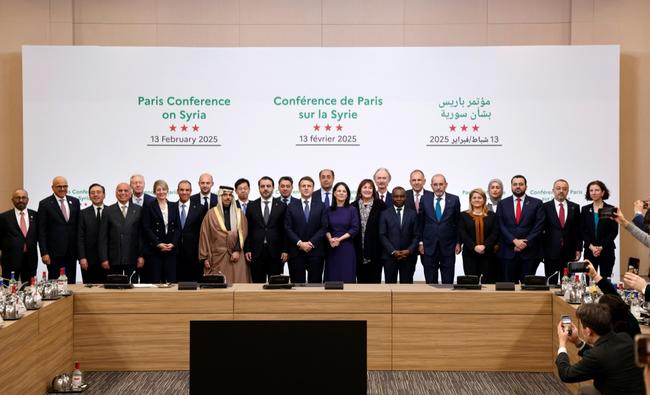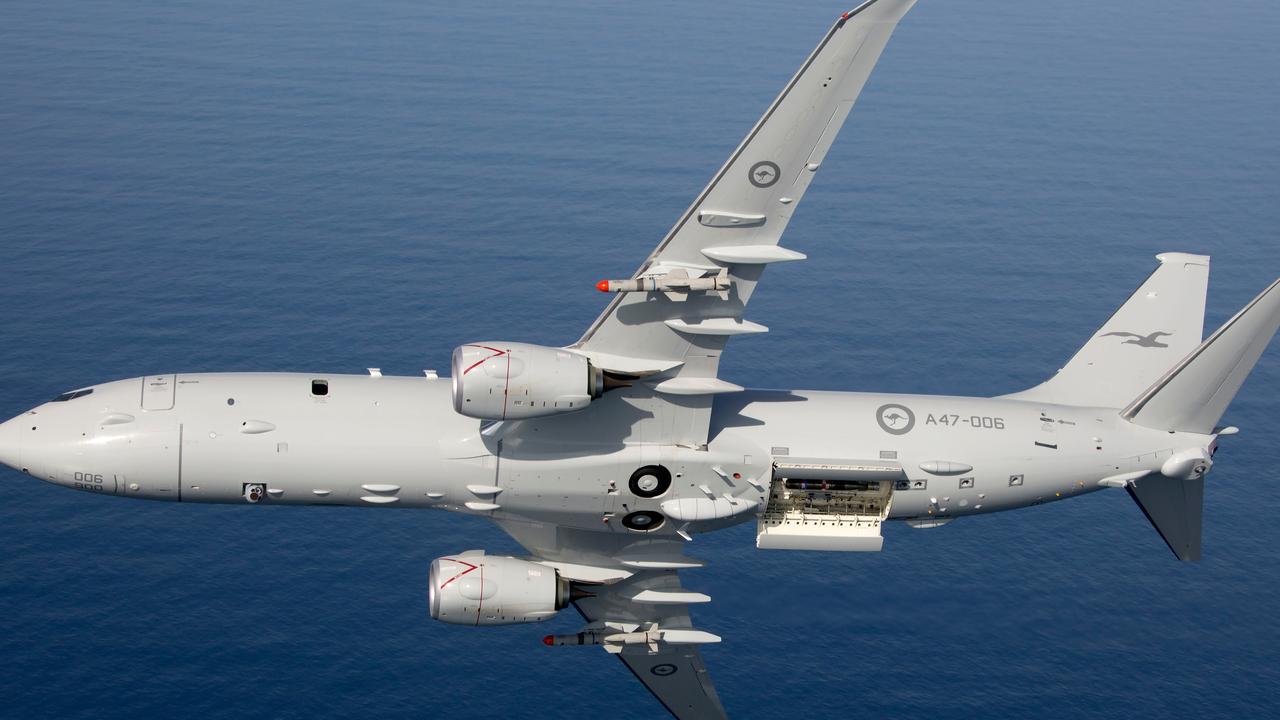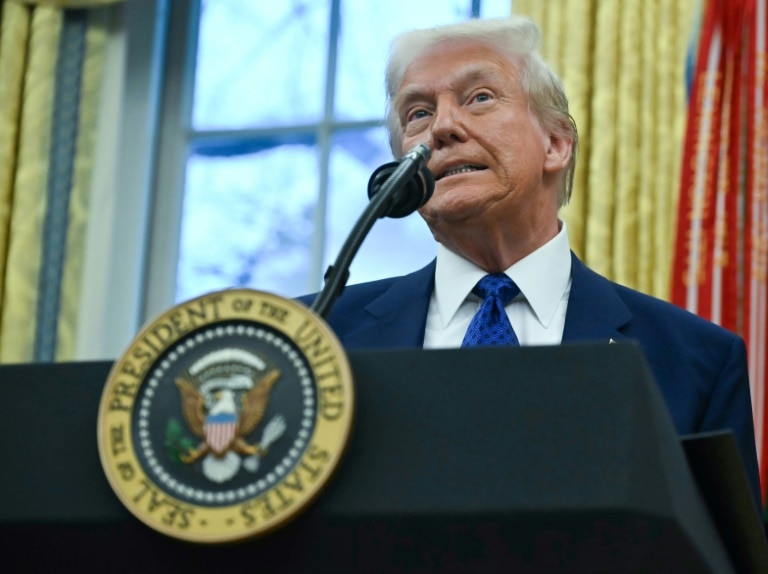International community vows support for Syria transition
International community vows support for Syria transition

Breaking News
Don't miss out on the headlines from Breaking News. Followed categories will be added to My News.
Western nations joined key players in the Middle East on Thursday in a pledge of support for war-torn Syria's delicate transition after the fall of longtime leader Bashar al-Assad.
Around 20 countries including Arab nations, Turkey, Britain, France, Germany, Canada and Japan agreed at the close of a conference in Paris to "work together to ensure the success of the transition in a process led by Syria".
The meeting's final statement also pledged support for Syria's new authorities in the fight against "all forms of terrorism and extremism".
Islamist-led rebels toppled Assad in December after a lightning offensive. The new authorities, headed by interim leader Ahmed al-Sharaa, have sought to assure the international community they have broken with their past and will respect the rights of minorities.
They have been lobbying the West to ease sanctions imposed against Assad to allow the country to rebuild its economy after five decades of his family's rule and almost 14 years of civil war.
"The hope you carry on your shoulders is immense," French President Emmanuel Macron said at the meeting, attended by Syria's Foreign Minister Asaad al-Shaibani -- who did not address the media.
"This capacity to respect all communities... is key. Because it will be the condition of stability" that will allow refugees to return to the country, Macron added, saying he would "soon" host Sharaa in Paris.
Syria's war has killed more than half a million people and displaced millions from their homes.
The United Nations estimates rebuilding will cost more than $400 billion.
The United States was notably absent from the list of signatories of the conference's final statement. A French diplomatic source said President Donald Trump's administration was still deciding its approach to Syria.
- Fight against IS 'priority' -
Syria's war evolved into a complex conflict after it started in 2011 with the brutal repression of anti-government protests.
Islamic State group jihadists seized large swathes of the country and neighbouring Iraq in 2014, declaring a so-called cross-border "caliphate".
Kurdish-led Syrian fighters, backed by the air power of a US-led coalition dubbed "Inherent Resolve", defeated that proto-state in 2019.
But some IS cells still operate in Syria's vast desert.
Macron urged the new Damascus authorities to join the fight against IS, saying it was "an absolute priority".
France's Foreign Minister Jean-Noel Barrot earlier said the European Union was working toward "a rapid lifting" of sanctions on Syria, after EU foreign ministers agreed last month to ease them, starting with key sectors such as energy.
The United States has also eased sanctions, allowing fuel and electricity donations to Syria for six months.
Barrot called for "a global ceasefire in all Syrian territory, including the north and northeast".
Turkish-backed factions launched attacks against Kurdish-held areas in northern Syria at around the same time as the offensive that overthrew Assad, and have since seized strategic areas there.
For another regional trouble spot, Lebanon, Barrot proposed the UN peacekeeping mission in the country, UNIFIL, deploy troops to allow a "full and definitive withdrawal" by Israel.
Under a fragile November truce to end more than a year of hostilities between Israel and the Islamist militant group Hezbollah, Israel is due to withdraw all troops from southern Lebanon by February 18.
Israel wants to remain in five key points as a safeguard -- a plan Lebanon rejects.
- 'Essential women be represented' -
There has been concern among Western governments over the direction the new Syrian leadership will take, in particular on religious freedom, women's rights and the status of the Kurdish minority in Syria's northeast.
Shaibani had said Wednesday that a new government would take over next month from the interim cabinet, vowing that it would represent all Syrians in their diversity.
German Foreign Minister Annalena Baerbock, ahead of the Paris meeting, emphasised the need for "all actors" in Syria to be included and said it was "essential that women be represented".
Britain plans to ease sanctions on Syria under a new plan announced by the government on Thursday, though parliament still need to debate the proposals.
kol-cf-vl-ah/as/jhb/js
Originally published as International community vows support for Syria transition


